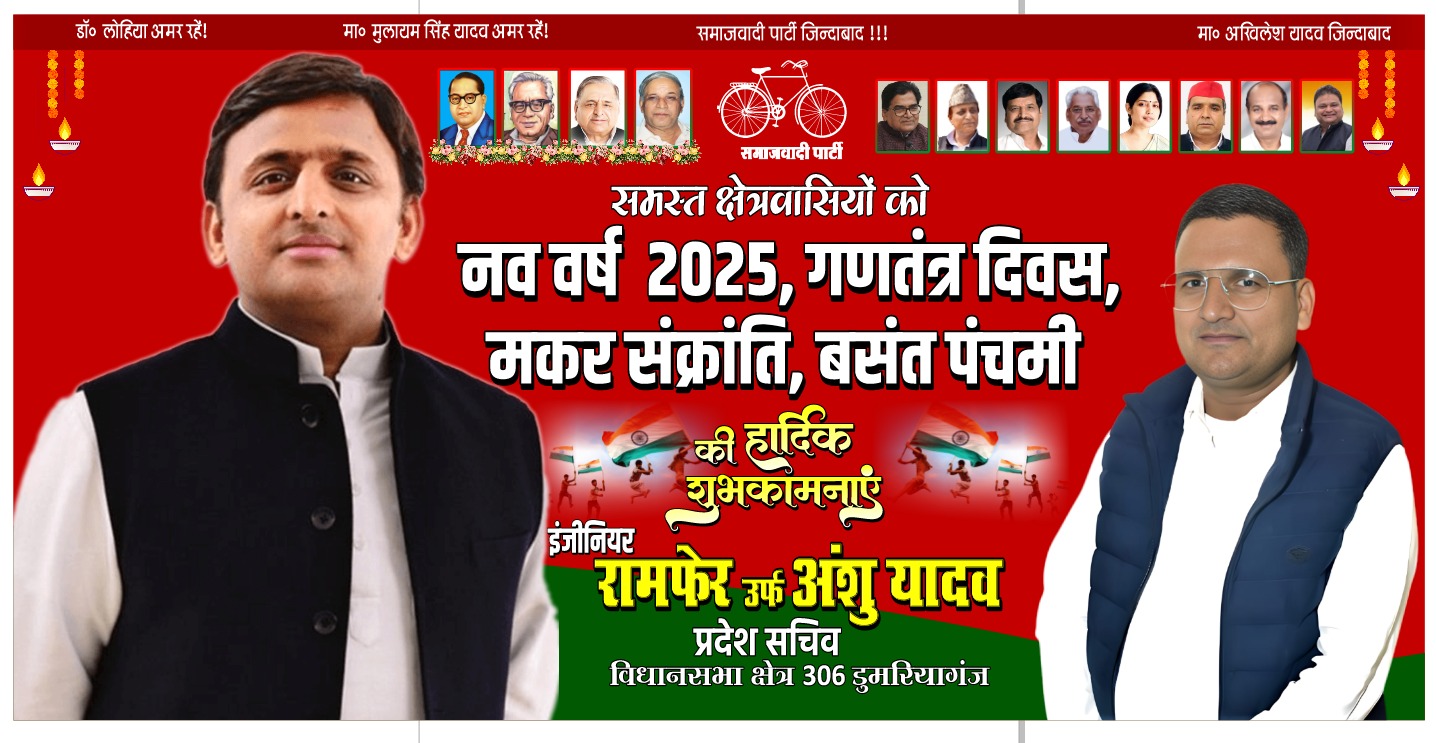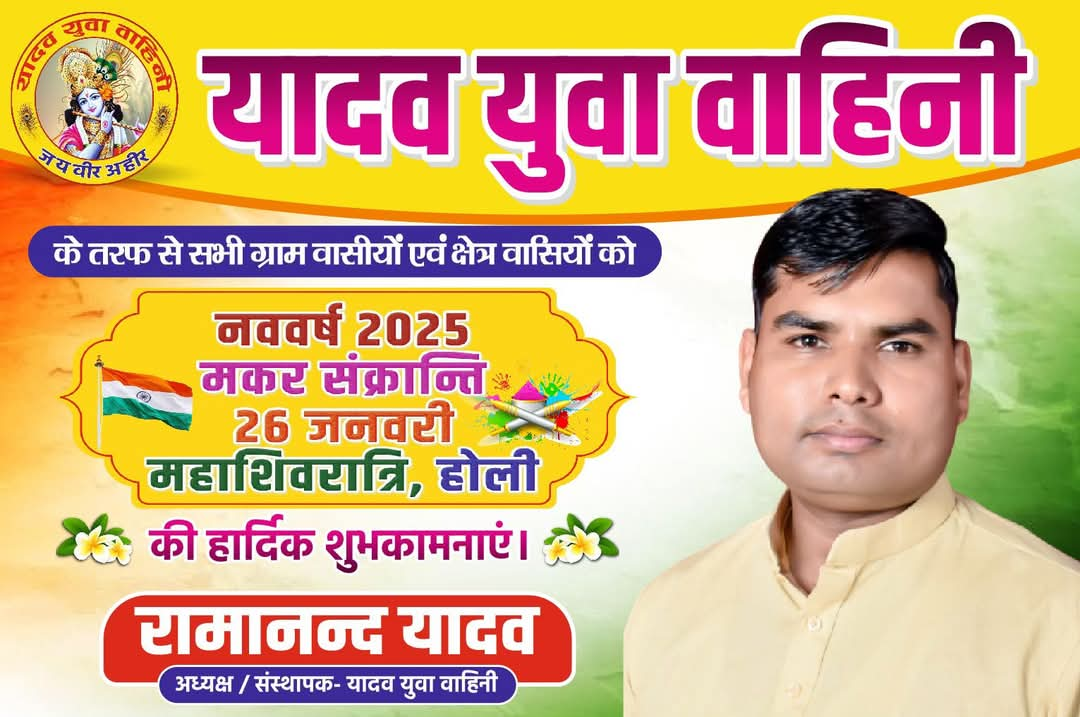An enormous tifo depicting Luis Enrique and his daughter Xana plating a PSG flag on the pitch fluttered in the stands behind the goalposts where PSG fans revelled in their most glorious European night. The recreation of the same frame of the father and daughter, who died six years ago, from 2015, when Barcelona lifted the Champions League trophy in Berlin, broke the manager down, a man who was a firebrand in his playing days. It was a touching message that the manager’s grief was theirs too. That he had won their love.
Leading up to the final, he had dwelled emotionally on the tragedy, the dark days and the guiding light Xana had been for him. The passage humanised an intellectual tactician of his time, offering a glimpse of the man behind the manager, strong and fragile in equal measure, stern and soft in the same breath. It’s the essence of Enrique, the player, manager and the person.
A midfielder, nicknamed Lucho, who combined steel and style, he adapted to different roles various managers thrust on him, adopted to the diverse cultures of Barcelona and Real Madrid, vowed to kill the man who broke his nose, the Italian right back Mauro Tassotti in the 1994 World Cup, yet hugged and forgave him in their next meeting. His footballing ideals were forged in the Barcelona fire, but he questioned some of the untouchable dogmas when he returned as the club’s manager. He had rumoured stand-offs with Lionel Messi even in the treble-winning year at Barcelona, yet the Argentine rates him among the two best managers he has worked with, the other being Pep Guardiola, Enrique’s roommate for five years at the Catalan club. He was despised in Madrid for joining the bitter rivals, but on a free transfer, he had openly exhibited his love for Barcelona, yet when he became the manager of the national team, he showed little allegiance to his favourite club.
Story continues below this ad
 This PSG team, bereft of any so-called big names, fully embraced the philosophy of Luis Enrique since he took over. (AP Photo)
This PSG team, bereft of any so-called big names, fully embraced the philosophy of Luis Enrique since he took over. (AP Photo)
In Munich on Saturday, he joined the old pal as the only two managers to have won the European trebles on two occasions. And with two different clubs. Their trajectory is similar. Both have been captains at the Camp Nou; both have coached the B team; both have managed the first team, with whom they both won a treble in their first season, and both gave two clubs owned by Middle East states their first taste of Champions League. Yet, the Barcelonas they managed were different, albeit differently enjoyable versions. Enrique did not fixate on possession as much as Guardiola did, embraced a more direct and vertical style. “I have tried to look for things based on my players’ individual talents to help us, and what is best for the team,” Enrique would say.
In his vision for the team, he was not bothered by hurting the ego of celebrity footballers. When he joined Roma in 2011, he told the club icon Francesco Totti that he didn’t figure in his scheme. At the Nou Camp, he dropped Xavi and Gerard Pique, the latter to improve his fitness. A fitness freak, who comes to work on his bike, he competes in the Marathon de Sables, a 155-mile race over six days in the Sahara desert, and takes his team to crushing sprints along the mountainous terrain of Asturias, near Gijon, the town he was raised in, during the preseason. A stickler for discipline, he imposes fines on players and drops the serial offenders that arrive late to training or meeting, insists on players saluting the supporters after the game and instructs his players, even if injured, to be present on the training ground before practice.
He reads the game not through the numbers, but by his eyes. He once told Kylian Mbappe, who netted a hat-trick that game, that he could have “played better”. He has repeatedly specified that he nursed no personal vendetta against players. “I do not mark my territory, I am not a hunting dog,” he once fumed at a journalist who pestered him about dropping Xavi to the bench.
 Luis Enrique, was in his usual black T-shirt and set about parading the Champions League trophy on the pitch when the PSG fans unfurled the tifo banner (AP Photo)
Luis Enrique, was in his usual black T-shirt and set about parading the Champions League trophy on the pitch when the PSG fans unfurled the tifo banner (AP Photo)
Yet, his men are fiercely loyal to him. Khvicha Kvaratskhelia reflected on the manager’s approach in an interview on the UEFA website: “What struck me most about him was the kind of person he is and how he treats his players. When someone comes to you calmly and explains everything then the player tries even harder to understand and perform even better. He makes you feel, both on and off the pitch, that you have to give your all – for him, for the club, and for all the fans. He treats you with such respect and clarity. It’s his humanity that made the biggest impression.”
Story continues below this ad
He has revitalised careers. Ousmane Dembele seemed a frustrated and forlorn figure when he joined PSG the year before. His 185 appearances had just produced 40 goals. In 90 games for PSG, he has struck 39 goals already. A clumsy finisher, few managers would have risked to experiment as a false nine, an intricate role in itself. Enrique did this to spectacular effect. It succeeded not only because Dembele was talented enough to adjust and he did have an untapped goal-scoring eye, but also because Enrique tuned the rest of his troupe to synchronise their movements in accordance with the Frenchman’s. Dembele the false nine worked because Kvaratskhelia and Desire Doue worked too.
His is such a wondrously assembled and grooved side that it is difficult to pinpoint who is his best player and who is not. He has let the best qualities of everyone shine. The club’s owner Nasser Al-Khelaifi concurred after the triumph: “This season, the star is the team. If you ask me who is the best player today, I don’t know — all of them.” Perhaps, there is just one star in this team. He goes by the name Luis Enrique.

























